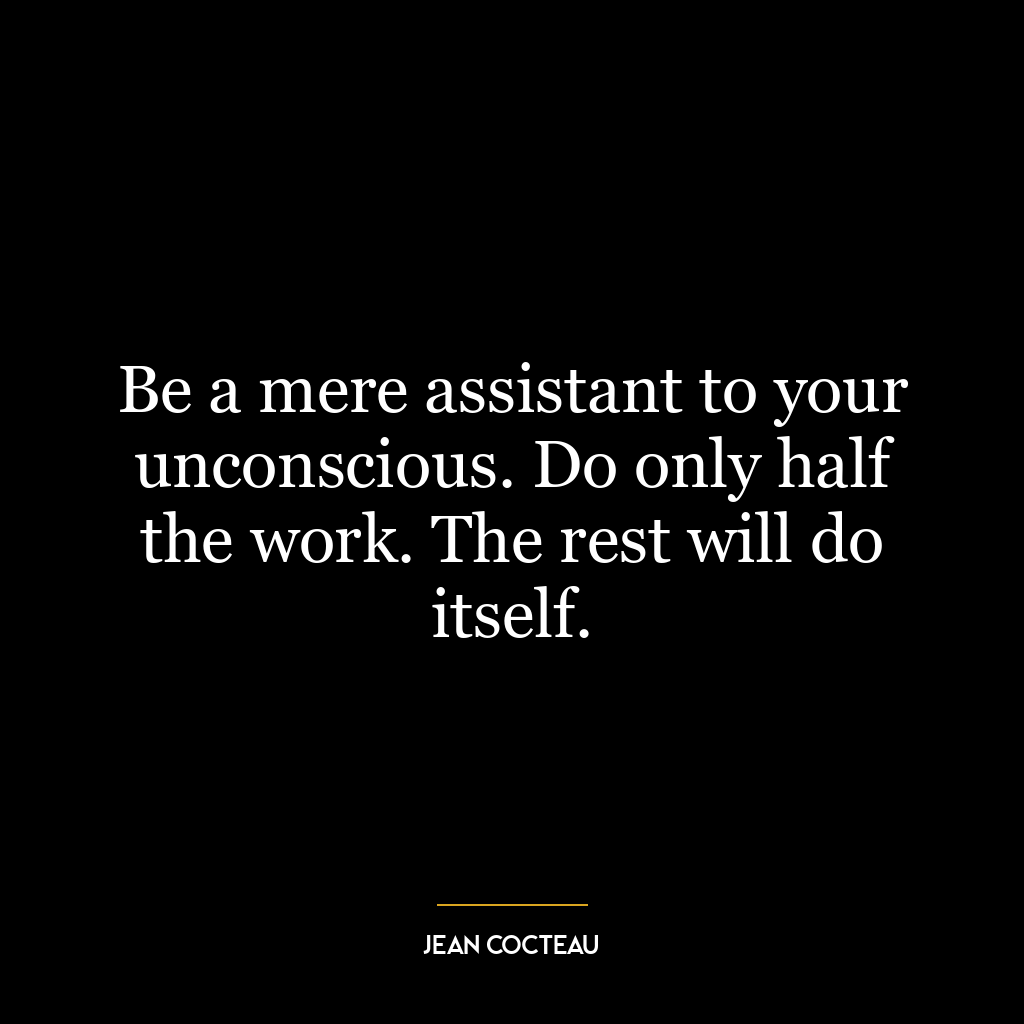Most people engage in activities that are tension-relieving rather than goal-achieving.
This quote essentially highlights the human tendency to prefer immediate gratification and stress relief over long-term achievement and success. People often choose to engage in activities that provide instant relief from stress or tension, such as watching television, surfing the internet, or eating comfort food, instead of pursuing activities that contribute to achieving their long-term goals, such as studying, exercising, or saving money. This is because tension-relieving activities often provide immediate pleasure or relief, while goal-achieving activities require effort, discipline, and patience, as the rewards are not immediate but future-oriented.
In today’s fast-paced, high-stress society, this quote is particularly relevant. Many people are overwhelmed by work, responsibilities, and the pressure to succeed, leading them to seek out immediate stress relief instead of focusing on their long-term goals. This can lead to a cycle of temporary relief followed by increased stress and dissatisfaction, as the underlying issues are not addressed and long-term goals remain unachieved.
From a personal development perspective, understanding and acknowledging this tendency is the first step towards change. It encourages individuals to consciously choose activities that contribute to their long-term goals, even if they may not provide immediate relief or pleasure. This might mean choosing to go for a run after a stressful day at work instead of watching TV, or saving money instead of making an impulsive purchase. Over time, these small changes can lead to significant progress towards achieving one’s goals and overall personal growth.
Furthermore, this quote emphasizes the importance of stress management in achieving success. Instead of relying on temporary, tension-relieving activities, individuals can benefit from learning healthy stress management techniques, such as meditation, deep breathing exercises, or yoga. These techniques can help reduce stress and improve focus, making it easier to pursue goal-achieving activities.
In conclusion, while tension-relieving activities can provide temporary relief, they often distract from long-term goals. By recognizing this tendency and making conscious choices, individuals can better manage stress and make significant progress towards their goals.









